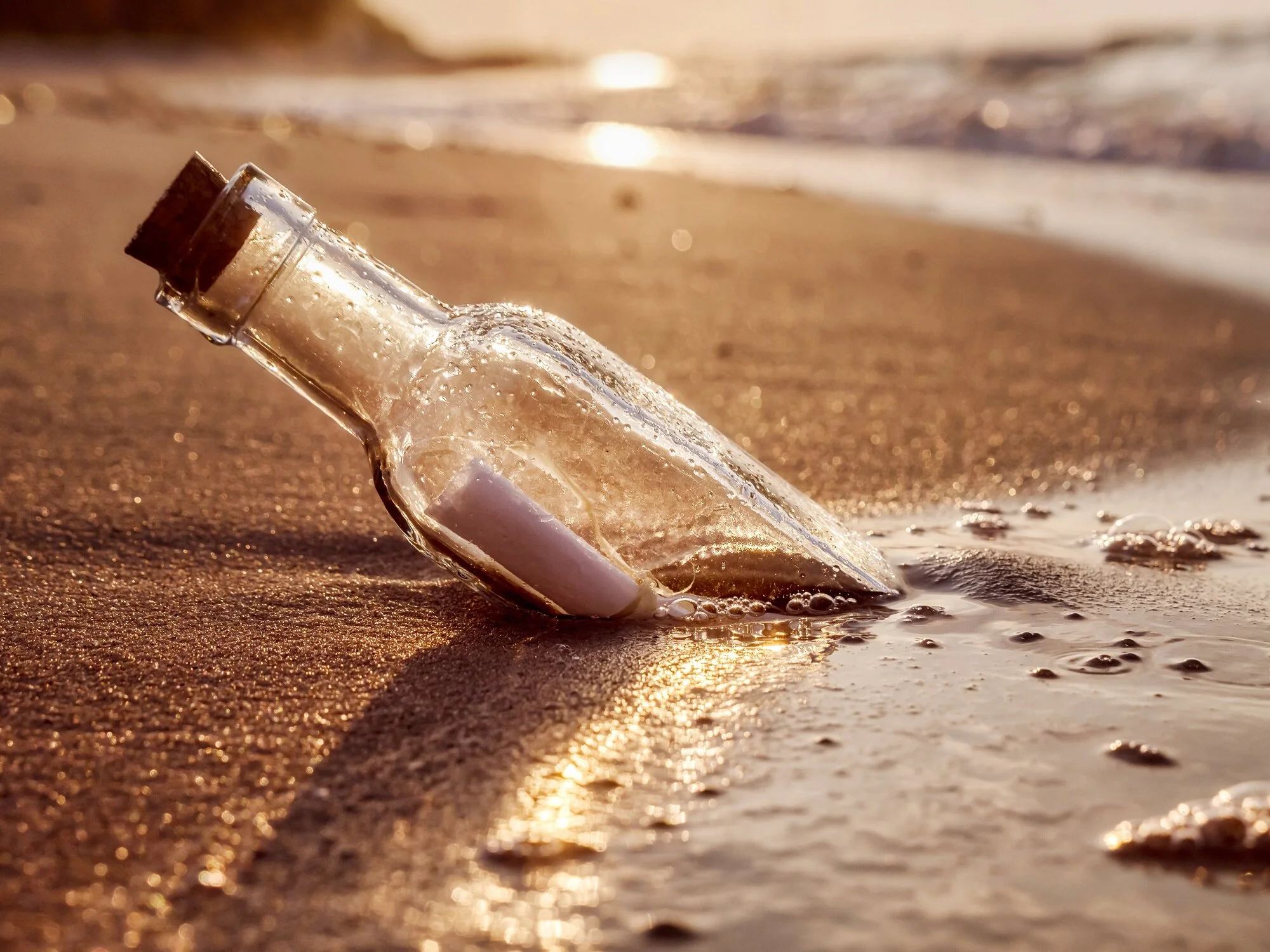The world’s oldest message in a bottle recently washed up on the North Sea island of Amrum, in Germany. It was one of 390 such bottles placed in the ocean by scientist George Bidder back in August 1906. During the 110-year voyage, the bottle had travelled just a few hundred miles – hardly a Robinson Crusoe-style call for rescue from a far corner of the globe. But nonetheless Bidder was on to something: such messages were and still are vital for scientists seeking to understand ocean circulation patterns.
Explainer: what is microgravity?
It’s easy to assume that astronauts float in space because they are far away from the Earth’s gravitational force. But look at the moon. It is much further away than the International Space Station, yet it orbits around the Earth because it is perpetually attracted by its gravitational pull. So if the Earth’s gravity can affect the moon, the astronauts cannot be floating because there is no gravity where they are.
Explainer: what dust from the Sahara does to you and the planet
All of humanity should share in the space mining boom
How could we build an invisibility cloak to hide Earth from an alien civilization?
Handle with care – the world’s five deadliest poisons
Is Alpha Centauri the right place to search for life elsewhere?
You really can die of a broken heart – here’s the science
When you think of a broken heart, you probably picture something out of a romantic movie or a cartoon heart, cracked like a fragile piece of china. Indeed, so-called “broken heart syndrome” has a certified place in popular culture, and has been eloquently used in films such as The Notebook. But while we certainly feel “heartbreak” during periods of emotional upheaval, can you actually die of a broken heart?
Kitchen Science: everything you eat is made of chemicals
We are routinely warned by earnest websites, advertisments and well-meaning popular articles about nasty “chemicals” lurking in our homes and kitchens. Many tout the benefits of switching to a “chemical-free lifestyle”. The problem is: the word “chemical” is entirely misused in these contexts. Everything is a chemical
How ancient Aboriginal star maps have shaped Australia’s highway network
How exploring Mars could help us fight climate change on Earth
The surface of Mars is a cold desert. Scars in the landscape point to a history of flowing rivers, standing lakes and possibly even planetary oceans. Yet the current Martian atmosphere has a density that’s around 0.6% of Earth’s, making it far too thin to support liquid water – or life – on the barren surface.
Why lightsabers would be far more lethal than George Lucas envisioned
Research is an unpredictable process. Sometimes you end up making a really cool discovery that you didn’t see coming. I recently uncovered a fundamental property of lightsabers (that’s right – the awesome weapons from Star Wars) while doing my regular plasma physics research. I found that, while it is in theory possible to build a lightsaber, it’s likely it would be the most dangerous weapon ever created – both for the perpetrator and the victim.
Saturn’s moons may be younger than the dinosaurs – so could life really exist there?
How the Grand Canyon changed our ideas of natural beauty
Nature’s cheats: how animals and plants trick and deceive
As night closes in across Kentucky a small chubby spider makes a silk line between two plants. She then moves along her “trapeze wire” and waits. After a while a moth approaches within range, and the spider unleashes a swinging sticky ball, ensnaring the moth and pulling him in to be eaten. The attacker is a bolas spider, and she hunts by releasing an odour that precisely matches the chemical composition of female moth mating pheromones. The male moth is lured in, but instead of getting a mate, he gets eaten.
How climate change killed the dinosaurs' underwater cousins
Could humans hibernate?
On cold, dark days it is tempting to imagine shutting yourself away until the warmer weather returns. Many animals do just that by entering a state known as torpor, which reduces their bodily functions to a minimum and uses fat stores in their body for energy. Could humans ever hibernate in the same way?
Ten myths about smoking that will not die
What makes us conscious?
Do you think that the machine you are reading this story on, right now, has a feeling of “what it is like” to be in its state? What about a pet dog? Does it have a sense of what it’s like to be in its state? It may pine for attention, and appear to have a unique subjective experience, but what separates the two cases?
Broccoli ingredient has positive influence on drug efficacy
Colon cancer cells that are pretreated with an ingredient found in cruciferous vegetables are more likely to be killed by a cancer drug that is currently in development, found ETH scientists. This is one of only a few examples of a food ingredient that, in moderate amounts, has a positive influence on the efficacy of a cancer drug.















